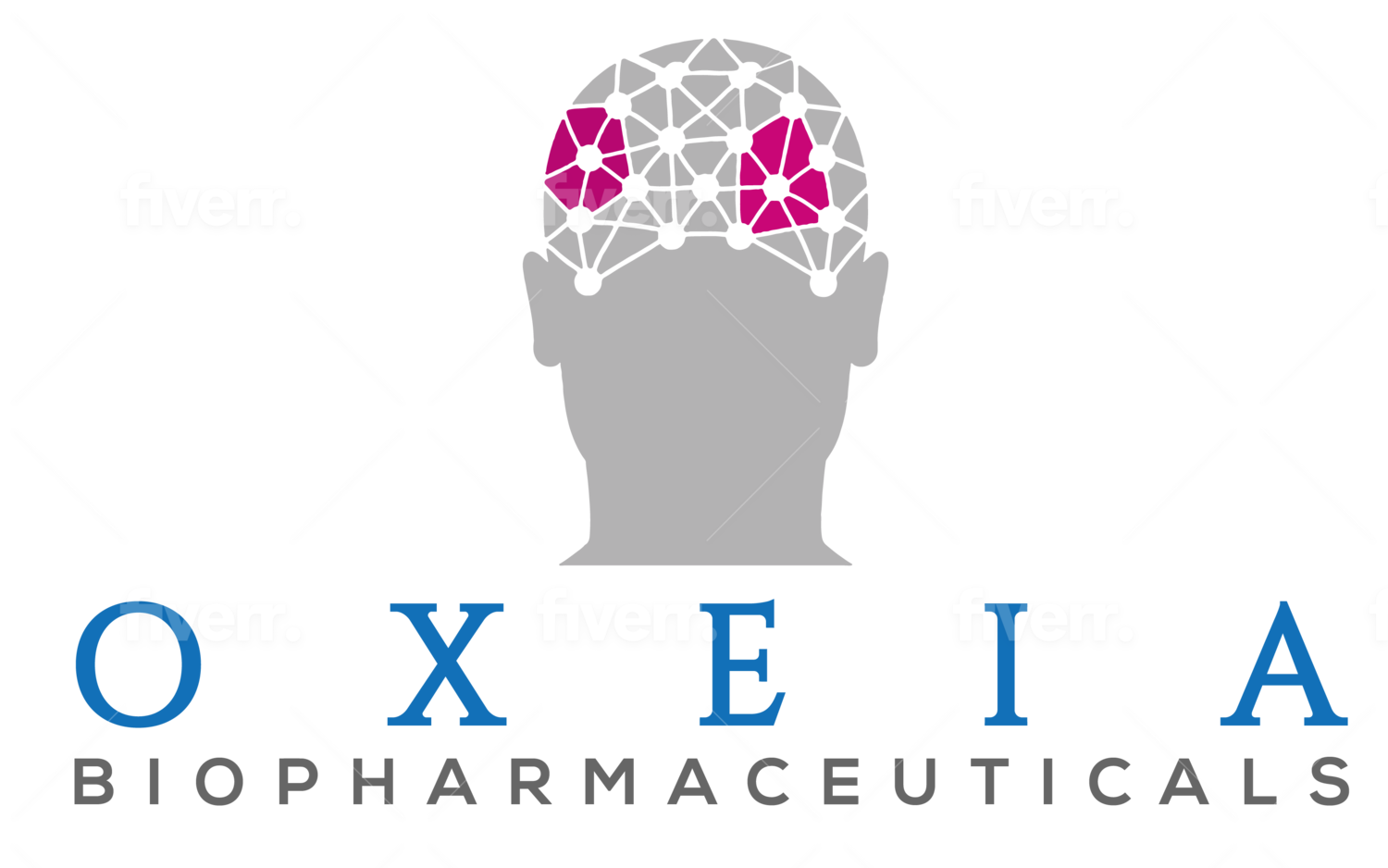Let’s Not Fail our Veterans: It’s Time to Find a Cure for Concussions
Patricia Kime and Rebecca Kheel’s article, Lost Years and Missed Opportunities: How the Pentagon Squandered the Chance to Combat Brain Injuries shone a light on TBI as “the signature wound” of post-911 wars and “one of the biggest factors” in suicide among veterans.
Despite the end of the conflicts in Iraq and Afghanistan, the problem of suicides among those who served persists. Whereas there’s been a slight decline over the past two years in suicides nationwide, the number of suicides in the military has increased. From 2015 to 2020 suicides increased by 40 percent, according to the Department of Defense. More recent research, reports that 30,177 active personnel and veterans who served post 9/11 died by suicide in 2021.
Concussions, also known as mild traumatic brain injury (mTBI), are the most common type of TBI for members of the military. The Department of Defense reported 430,000 head injuries among active-duty military between 2001 and 2018 with the vast majority 82% – classified as mTBI.
Now recognized as an epidemic, mTBI has become one of the highest priorities in public health because of its tremendous costs and possible long-term consequences. The government is keenly aware of the impact concussions have on service members and veterans. Both the Department of Defense and the Veterans Administration have sponsored programs to enhance the understanding of what causes concussions, as well as identify treatments and recovery protocols for mTBI. The Senate and House National Defense Authorization Act for 2022 directs increased funding for brain injury research.
Tapping military might is logical to advancing research and finding effective therapeutic treatments for mTBI. Our military has a special ability to get the job done. Like the working committees formed to combat Covid-19, the military has the might to galvanize disparate groups of professionals to share research and resources to power ahead for solutions. The private sector players, many of which are biopharma start-ups, will gladly welcome the Pentagon leadership and participation in advancing clinical trials.
Effective treatments for mTBI can also result in significant cost savings. While symptoms disappear for many concussion sufferers within days, research indicates that almost 40% of mTBI patients have post-concussion symptoms (PCS) lasting more than three months. A study examining recovery of PCS patients found only 27% of their population eventually recovered.
These often debilitating symptoms require ongoing physical, speech, cognitive, vision, occupational and/or drug therapies for our active military and veterans. Studies have also linked mTBI with depression and PTSD, and repeated mTBIs with various neurodegenerative diseases. For example, studies have shown that veterans with a history of mTBI have a 56% higher risk of developing Parkinson's disease within 12 years of their injury,
Many of these impairments can negatively affect readiness and job performance for active military and ongoing problems for employment, as well as for families and the larger community.
Progress toward a treatment for TBI to help our servicepeople and veterans will also be a boon to the public at large. In the past couple of decades, awareness about the dangers of concussions has led to extensive news coverage of active and retired professional football players, and other athletes. Today our citizens are more likely to realize that a slip in the bathtub or a car crash, can lead to injuries that are not seen by the naked eye. The costs of treating concussion for the general public are already staggering. The American Association of Neurological Surgeons puts annual direct and indirect costs of the full spectrum of TBIs – from mild to severe – are $76.5 billion. Approximately 75% of all TBIs are mTBI.
As New York Senator Kristen Gillibrand remarked at a December 2017 Senate Armed Services Committee meeting; “If the military figures this out, then the rest of us can too.”
Michael Wyand, DVM, PhD, is the CEO of Oxeia Biopharmaceuticals. Oxeia is conducting Phase 2 human clinical studies for its therapeutic drug, OXE-103, to treat concussions.
